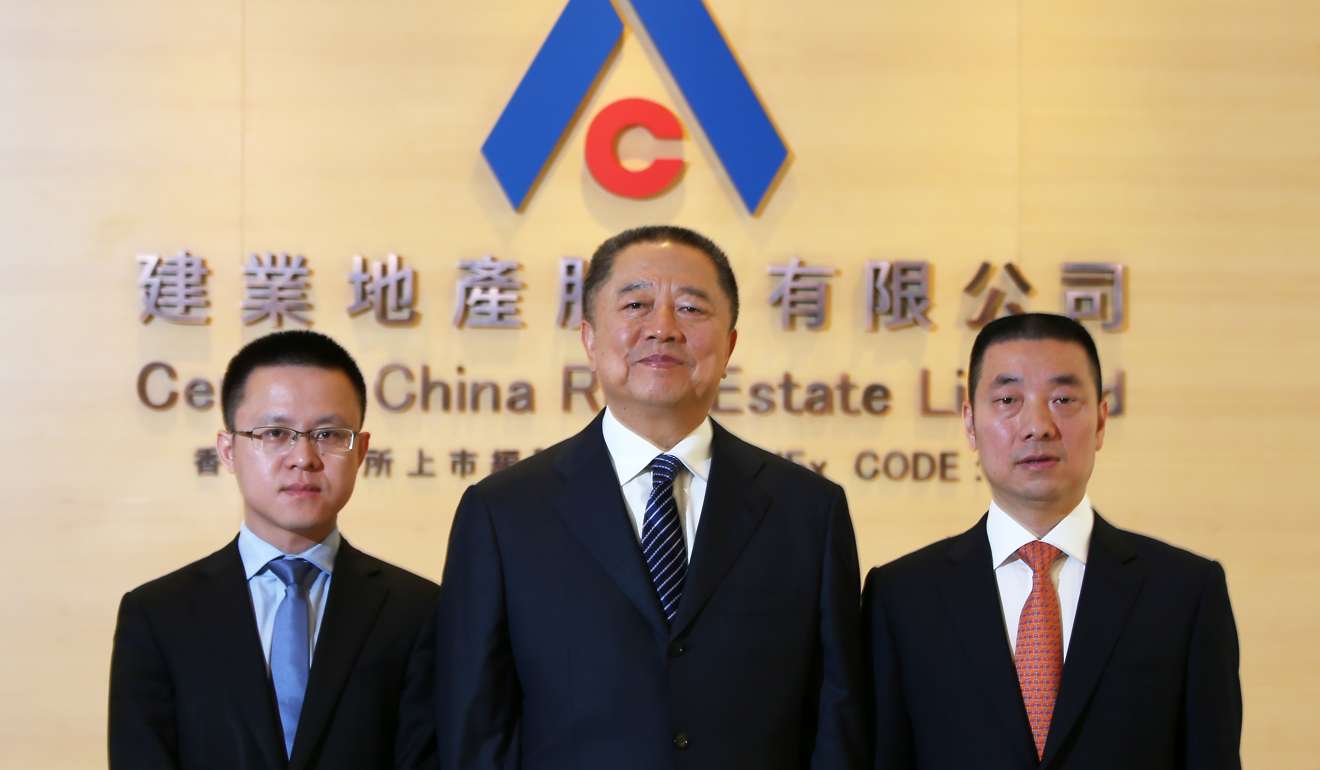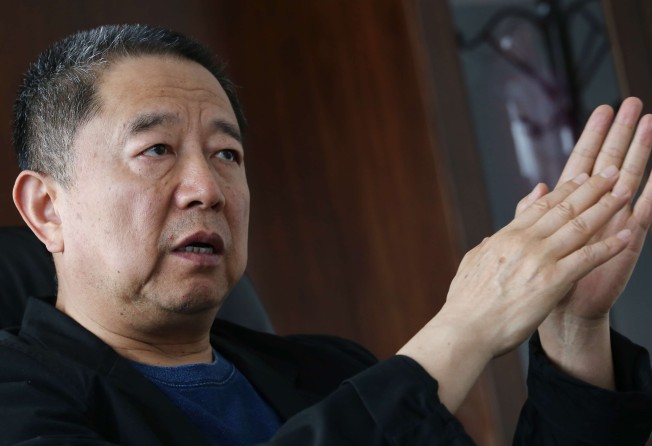
Central China Real Estate sets aggressive sales target amidst senior management change

Hong Kong-listed real estate developer Central China Real Estate says it will seek to triple its sales by 2019, an aggressive target that will challenge the abilities of senior management, including its new chief executive officer Yuan Xujun.
Despite a boom in China’s property market in the past two years, CCRE, the biggest developer in Henan province, has seen sales growth lag behind its rivals, with 2016 net profit of 403 million yuan (US$58.42 million), roughly half from the previous year.
The company said during its annual results announcement on March 24 that it will not distribute a final dividend for 2016, reflecting the first time it has failed to do so since its 2008 listing in Hong Kong.
Founder and chairman Hu Baosen said the profit result was dragged by construction delays related to environmental protection requirements in Henan and the company’s aggressive business diversification plan in the past few years, including a 3 billion yuan investment to build six hotels.
The company said it planned to boost its residential sales to catch up with the aggressive sales targets of its competitors.

“We aim to triple the sales to 60 billion yuan by 2019,” Hu said, referring to 2016 as the base year.
The planned profit growth will also restore the company back to the “normal level”, Hu said, adding that he is confident net income will recover to 800 million yuan.
In a sweeping restructuring of the company’s organisational structure in March, Yuan Xujun was appointed as CEO, replacing Chen Jianye at the helm, while Hu Ping was appointed as chief financial officer. Both Chen and Hu were recruited from property giant China Vanke. Vanke is known as the best run developer in China.
Hu said he wanted to introduce highly skilled managers as the external business environment was becoming more challenging.
“The competition is increasingly fierce since most of the top 20 Chinese developers have already entered Henan market,” he said, “To pick up the growth we need external assistance, it’s like playing soccer.”
But Hu said he had no plan to expand to other Chinese provinces, and will continue to focus the company’s development activities in Henan.
He added that annual commercial property sales for the whole of Henan province would be between 700 billion yuan to 800 billion yuan in next three years, up from 560 billion yuan last year.
Henan is emerging as an important transportation hub thanks to its position along the nation’s high-speed rail network.
Zhengzhou, the capital of Henan province, has seen its population grow by hundreds of thousands each year as economic migrants flock to the city, Yuan said.
CCRE has participated on a management fee basis in 36 light-asset projects, leveraging its brand and expertise to help with planning, construction, and sales.
Hu expects to add another 30 light-asset projects this year, noting that fees received for management services would exceed 3 billion yuan.
Hu said the company’s previous efforts to diversify into hotels, cultural tourism and modern agricultural projects are also contributing to the company’s growth.
On the downside, he noted that acquiring land has become more difficult because of competition and rising prices.
“It is very difficult to obtain residential land from the government now,” he said, adding that new business such as hotels and modern farming were ways to secure prime land resources.